– What role does the automotive industry play in Europe's economy?
– The automotive industry is a key player in Europe's economy, accounting for seven percent of EU GDP. In addition, the automotive industry is not only active in production, but it also places a heightened emphasis on research and development.
Companies take an active part in innovation and technology development, which contributes to making countries more competitive on international markets.
The car industry is also a particularly important economic sector in Hungary, creating significant employment and contributing to increasing export earnings. Besides all this, the sector employs 180,000 people in Hungary, including workers directly involved in the car manufacturing process and those in the supply chain.
– What does, in specific terms, the successful watering down of the Euro 7 regulation mean in the daily lives of European citizens?
– The European Commission, in collaboration with the European left, proposed a reduction in vehicle emissions that could have potentially devastated the motor vehicle industry. However, through a united effort on the right wing, we have successfully adopted a text that prevents such a scenario."
The proposed new standards could have rendered any further cost-effective development of conventional internal combustion car technology nearly impossible, leading citizens to face additional price hikes.
Within the framework of the proposed restrictions and deadlines, car manufacturers would not have been able to develop cost-effectively, but instead would have had to close down factories, putting thousands of jobs at risk. These negative effects have now been avoided by the softening of the regulation.
– Is the right having to continually drag the left's lofty ambitions back into reality a recurring phenomenon?
– Irrational ideas coupled with excessive regulation from Brussels and the left have become commonplace and pose an increasing threat to our competitiveness and economic growth. We mustn't overlook the risks associated with Brussels' climate change measures. An attitude on the right that takes account of realities is therefore essential. Conservative climate policy is key to job creation. Protecting industries and preserving competitiveness is not just in our economic interest, but also essential for our national security and energy security.
– Given its globalist nature, international collaboration is often viewed as a strength of the left. What's the strategy of the European right in the upcoming elections?


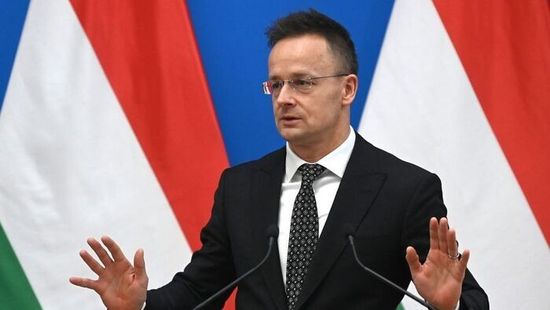



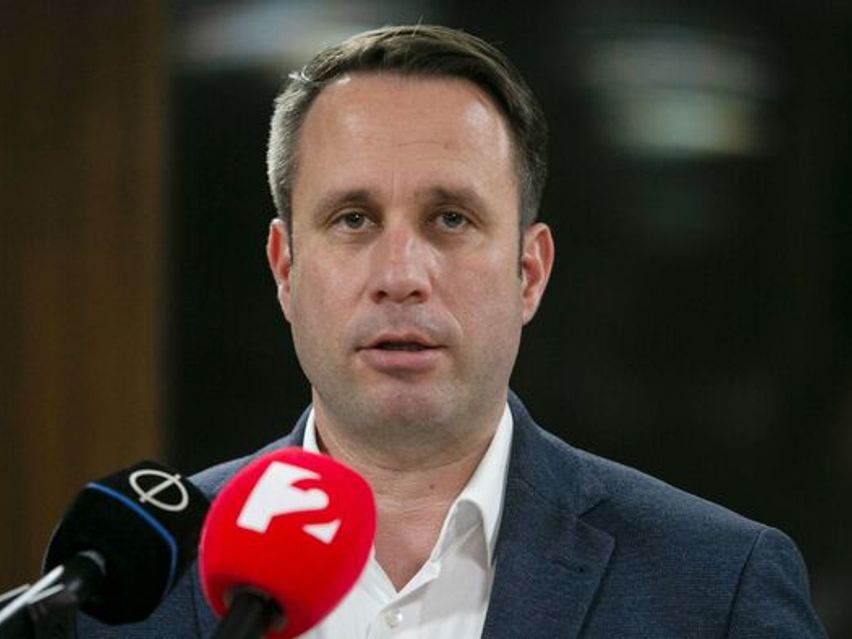


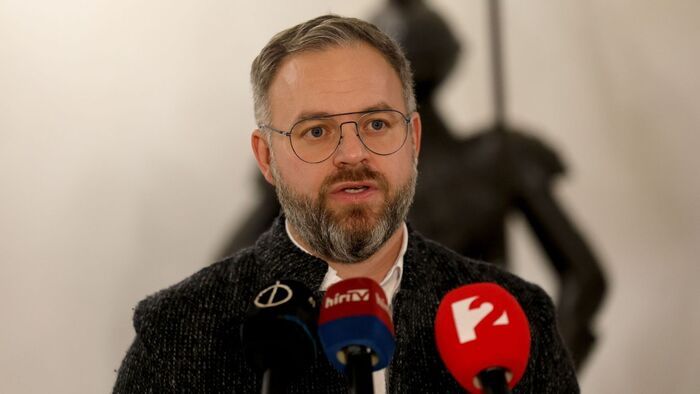


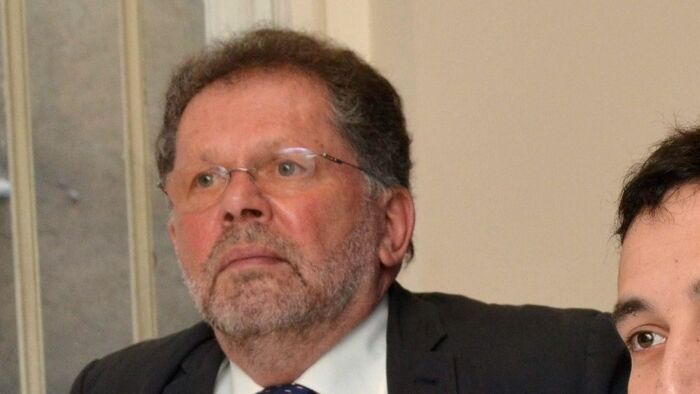

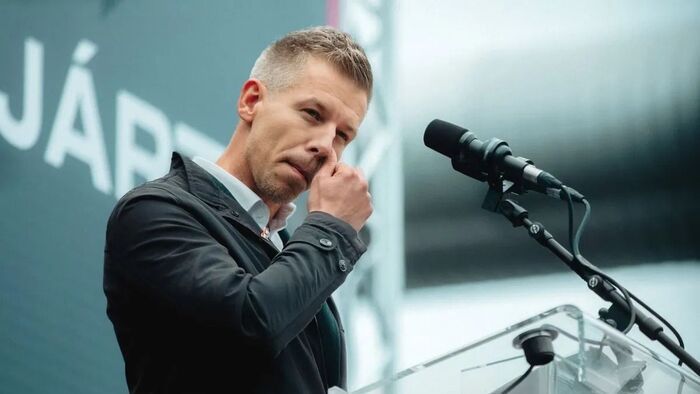
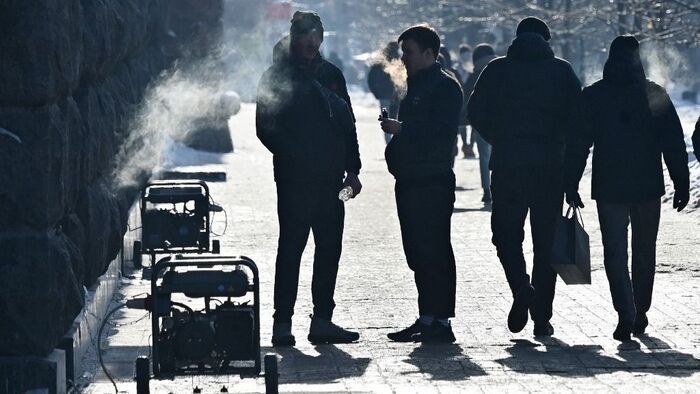
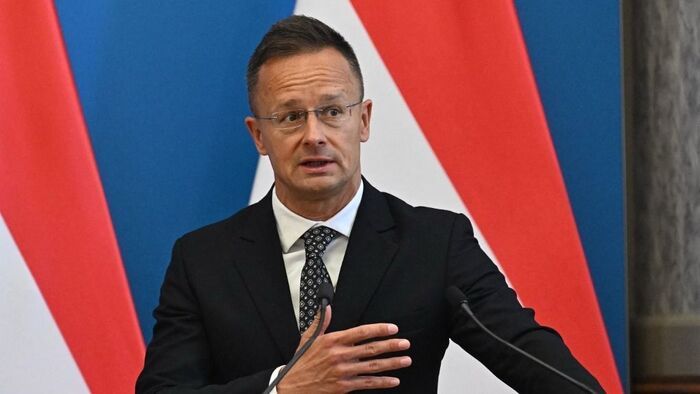


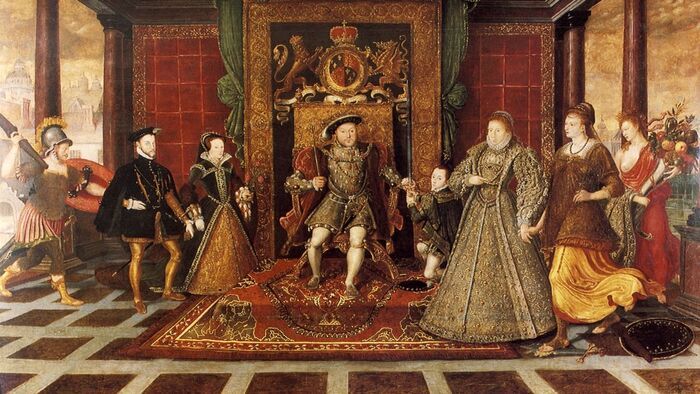
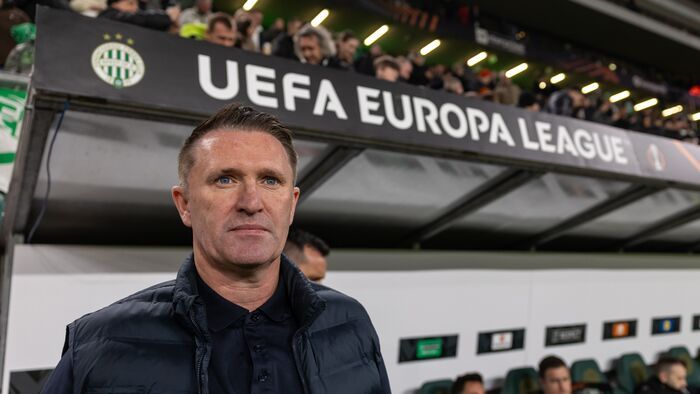

Szóljon hozzá!
Jelenleg csak a hozzászólások egy kis részét látja. Hozzászóláshoz és a további kommentek megtekintéséhez lépjen be, vagy regisztráljon!